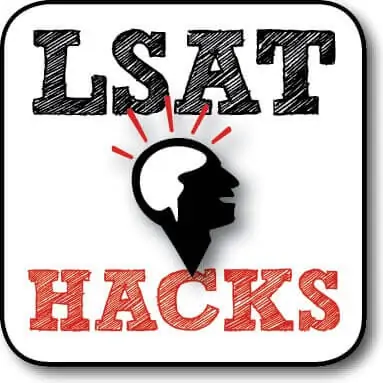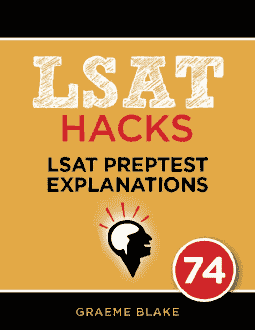QUESTION TEXT: Critic: In her presentation of important works of art…
QUESTION TYPE: Most Strongly Supported
FACTS:
- Waverly wanted to be objective.
- Waverly wrote better about art she likes.
ANALYSIS: This is a confusing stimulus. It requires you to think in real world terms.
Bias can be subtle. If someone claims to be neutral, but they consistently write better about things they like, then that’s a form of bias.
Waverly said she wanted to be neutral. Since Waverly did have a bias, we can say that it seems she failed to achieve her stated goal.
___________
- Waverly didn’t say what all art historians should do. Instead, Waverly only described what she tried to do. Maybe Waverly thinks art historians can have opinions in other cases.
- The critic said Waverly writes better about art she likes than about art she doesn’t care about. That actually implies this answer is false: if you are indifferent to art then you won’t like or dislike it.
- Hard to say what Waverly’s intention was. She may have honestly tried to write neutrally, but failed in her aim.
- CORRECT. This seems probable. If you write better about art you like, then that is a form of bias.
- This is a strong accusation. It’s equally likely that Waverly wanted to be objective, but failed. Objectivity is hard.

Free Logical Reasoning lesson
Get a free sample of the Logical Reasoning Mastery Seminar. Learn tips for solving LR questions


Hi Graeme,
What do you make of the word “pretense” in the stimulus? I got this question right the first time, and I see why D is correct, but upon reviewing, I found C tempting. The “critic” suggests Waverly has a “pretense of objectivity”. Answer C infers a bit too much about her intentions, but it would be helpful to know how to read the term “pretense” if it comes up on other LSAT questions.
Thank you so much!
Carly
I’d take “pretence” here to mean what it normally means in this sort of context — “the appearance of”, with the implication that the appearance is false or misleading in some way. You should use the context of the stimulus to discern which definition of pretence you should use when answering questions in future.
Even given that this is the definition of pretence, there is still a very clear reasons to eliminate (C). As you’ve pointed out, even if the appearance is false, perhaps she had a genuine intent to be objective.
I still say E. is a good answer, and possibly better than D. The fact is that the critic wrote “A pretense of objectivity” and the question stem says, “The critic’s statements, if true…”
Okay, I see my failure. Perhaps you’ll honor me by adding it to your explanation. While one of the critic’s statements implies that Waverly used a pretense, the statement avoids actually saying that her objectivity was a pretense. He’s simply pointing out that pretense doesn’t work. The facts (if the critic’s other statements are true) indicate that she was NOT objective, and a misapprehension (such as Waverly’s) is LIKE a pretense. I see it now as a subtle trap our testmaker laid for people like me.
Thanks Dave for your comment! Glad it makes sense now. We appreciate your feedback.
-Reply from LSAT Tutor, Morgan Barrett